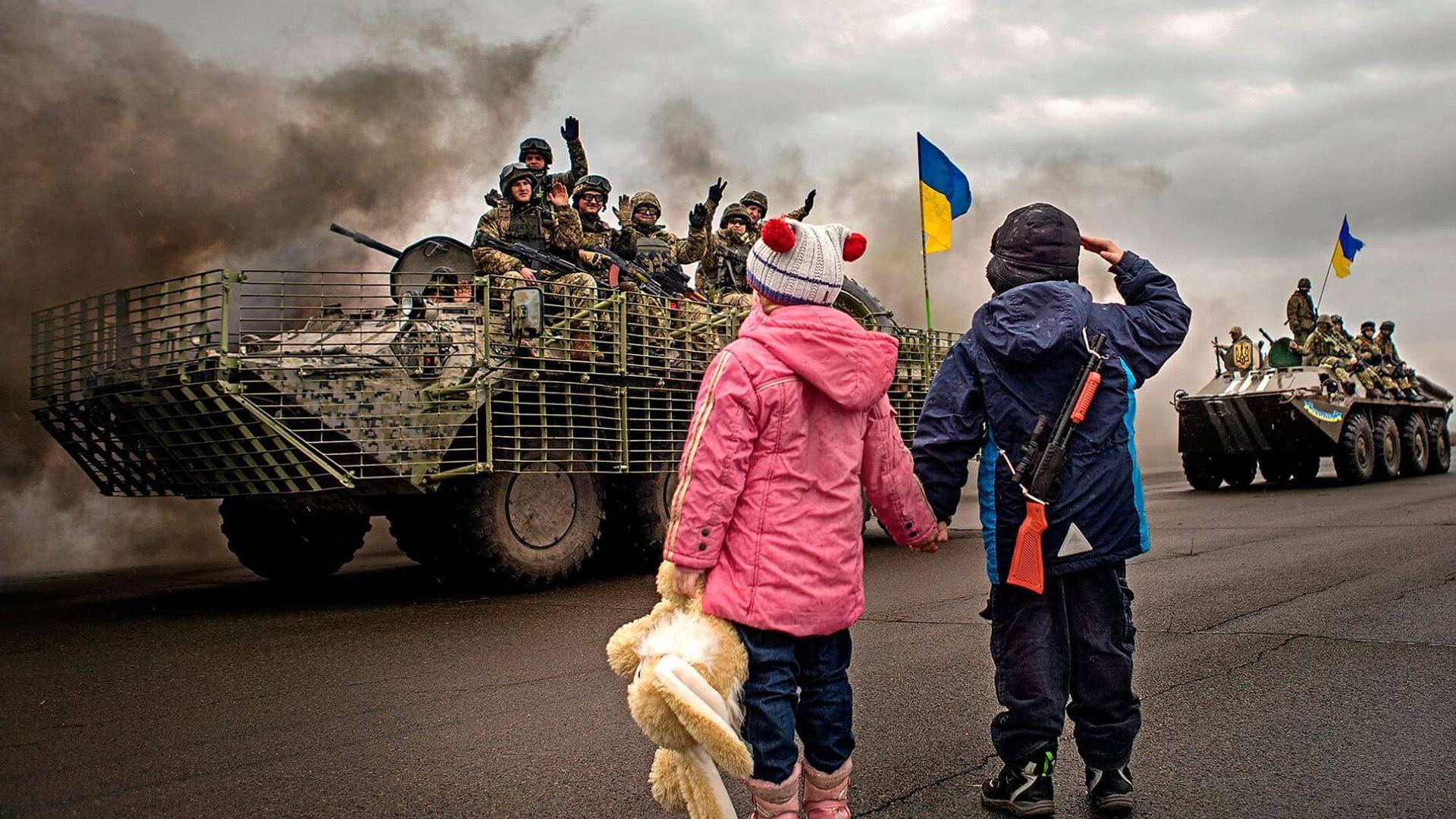
Crisis and Armed Conflict Education Department
Field of work
As a result of the IUM Mission, the main mission of the Crises and Armed Conflicts Education Department (AEECCA) is to provide permanent Armed Forces and Republican National Guard Officers with scientific, doctrinal and technical training in Military Sciences, in the context of the Study of Crises and Armed Conflicts (ECCA) with regard to Military History, International Relations, Strategy, Geopolitics, Geostrategy, as well as Public International Law.
Main tasks:
Developing its action under the guidance of the Head of the Department of Postgraduate Studies, the AEECCA's most relevant duties are:
- Conceiving and planning the development of the curricular units under its responsibility.
- To teach the various promotion, qualification and refresher courses the subjects inherent to the ECCA.
- To plan, organize and coordinate the execution of seminars and workshops, within the scope of the subjects of this Teaching Area, on themes of recognized interest and actuality, eventually in collaboration with other higher education entities, governmental and non-governmental organizations and other military or civilian organisms.
- To stimulate research activities and to publish articles of a scientific or academic nature, within the scope of this Teaching Area, as well as other subjects within the Military Sciences.
- To become the National Core of the Center for Strategic Analysis of the Community of Portuguese Speaking Countries (NN/CAE/CPLP).
- To constitute the base for the Strategy Studies Center aiming at the research, the reflection and the diffusion of new knowledge related to fundamental aspects of the Security and Defense problematic, in the national and international scope.
- To constitute the base for the Center for African Studies, developing research related to fundamental aspects of the issues that affect this continent, aiming at research, study and monitoring of the African reality in the world and regional context, in the political, strategic and military fields, with special emphasis on Portuguese-speaking Africa, the Maghreb and Southern Africa.
- Ensure the training actions required within the scope of cooperation in the field of Defense with Portuguese-speaking Countries, namely those included in the respective cooperation projects.
- Prepare and update publications within the scope of the matters under its responsibility.
- Develop and/or participate in research projects, in partnership with other military and civilian institutions.
Curricular Units
- Doctorate in Military Sciences
- Seminar on Crises and Armed Conflicts (10 ECTS)
- Master's Degree in Military Sciences - Security and Defense (1st Cycle of Studies*)
- Research Methodologies
- Public International Law (2 ECTS)
- Geopolitics (3 ECTS)
- International Context (3 ECTS)
- War and Peace (3 ECTS)
- Military History (2 ECTS)
- Strategic Planning (3 ECTS)
- Strategic Studies (2 ECTS)
- Postgraduate Diploma in Globalization, Diplomacy and Security
- Strategic Evaluation - Simulation Exercises (10 ECTS)
- Strategy (10 ECTS)
- Methodologies and Tools for Foresight in the Global World (5 ECTS)
- Postgraduate Diploma in Military Intelligence
- Strategy and Information (3 ECTS)
- General Officer Promotion Course
- Research Methodologies in Military Science (2 ECTS)
- Strategy, Defense and National Security (10 ECTS)
- Threats and Conflicts
- Strategic Objectives and Interests
- Means and Strategic Instruments
- The Strands of National Strategy
- Senior Officer Promotion Course
- Research Methodologies
- Strategy (2 ECTS)
- Geopolitics and Geostrategy (1,5 ECTS)
- Military History of Contemporary Portugal (1,5 ECTS)
- Seminar on Geopolitics and Geostrategy (1 ECTS)
- Introduction to Strategy Course (2 ECTS)
- Theoretical Foundations
- Threats and Conflicts
- National Environment
- Advanced Course on Land Military Planning
- Army Strategic Planning (1 ECTS)
- Planning of Defensive Operations - Historical example of a Defensive Operation
- Planning of Offensive Operations - Historical example of an offensive operation
- Planning of Stabilization Operations - Historical example of a Stabilization Operation
Coordinator and Professors / Lecturers
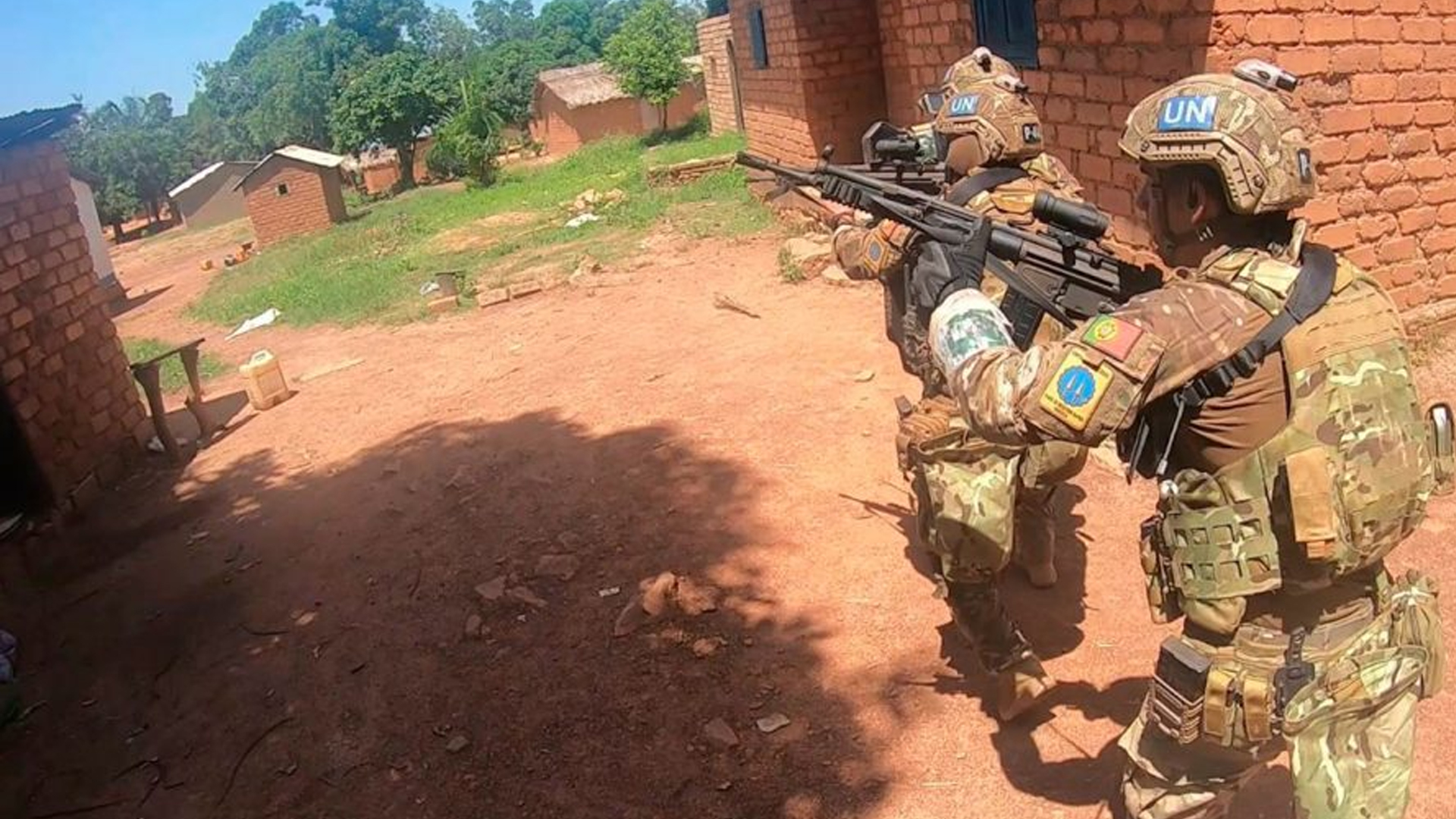
Military Operations Education Department
Field of work
The Military Operations Education Department provides scientific, doctrinal, and technical education and training to Armed Forces and the National Republican Guard Officers on the Planning and Conduct of Military Operations and Exercises, at operational and strategic military levels, in a joint and/or combined environment.
Main tasks
- Develop the knowledge of students within the scope of Joint and Combined Operations;
- Practice operational and military-strategic planning, using the NATO Operations Planning Process;
- Plan, program and coordinate exercises up to the level of Combined Joint Task Force (CJTF), within the scope of the Joint Staff Course (CEMC) with the JOINT MINDSET Exercise with the collaboration the Diplomatic Institute of the Ministry of Foreign Affairs and the Protocol Center for Vocational Training for Journalists, as well as the Combined Joint European Exercise (CJEX) which includes similar schools in Belgium, the Netherlands, Ireland and Sweden;
- Plan, coordinate and direct the implementation of the Civil-Military Cooperation Course and the Cyber-Defense Operations Planning Course;
- Organize seminars within the scope of the curricular units that are taught under the responsibility of the AEOM;
- Participate in technical-military cooperation actions within the scope of Planning and Conducting Joint and Combined Operations and Military Exercises, particularly at the High School of War in Angola, the High Institute of Defense Studies in Mozambique and the National Defense Institute of East-Timor;
- Keep up to date with the concepts, structures and use of national forces, NATO, the European Union and others; prepare and update publications within the scope of the matters under their responsibility.
Curricular Units
- Master in Military Sciences - Security and Defense (1st Cycle of Studies*)
- Doctrinal Framework of Operations (EDO) (3 ECTS)
- Operations Planning and Operational Art (POAP) (8 ECTS)
- National Operations Planning (NOP) (6 ECTS)
- Operational Management (GOP) (3 ECTS)
- Planning and Conduct of Exercises (PCE) (2 ECTS)
- Flag Officer Promotion Course
- Military Strategic Planning (5 ECTS)
- Methodologies to Support Strategic Planning
- Operational Activity of the Armed Forces, GNR and NATO
- Military Strategic Planning (5 ECTS)
- Promotion Course to Senior Officer
- Joint Military Doctrine (2 ECTS)
- Operations Planning (3,5 ECTS)
- Cyber Defense Operations Planning Course
- Cyberspace Operations (1,5 ECTS)
- Cyberspace Operations Planning Course (1,5 ECTS)
- Psychological Operations Planning Course
- Psychological Operations Doctrine (1,5 ECTS)
- Planning Psychological Operations (1,5 ECTS)
- Civil-Military Cooperation Course
- Civil-Military Cooperation (3 ECTS)
Coordinator and Professors / Lecturers
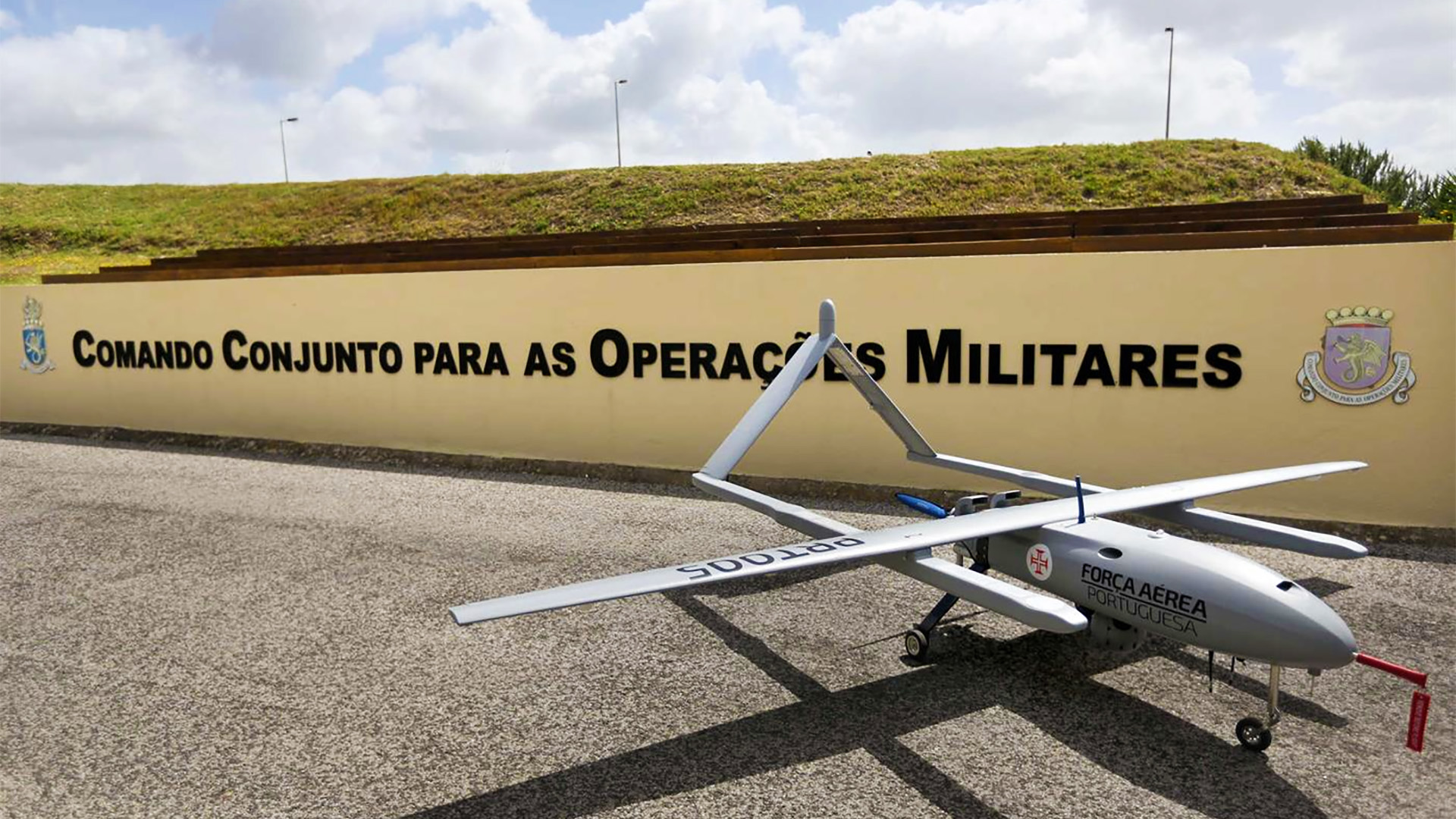
Military Techniques and Technologies Education Department
Field of work
The Military Techniques and Technology Education Department provides scientific, technical and technological training to the Armed Forces and National Republican Guard officers, as part of the professional qualifications required for the performance of technical functions in the various military specialties.
Main tasks
- Develop the knowledge of students within the scope of staff techniques;
- Plan, prepare and provide training in emerging military technologies in the maritime, land, air, space, cyberspace, multi-domain and security areas;
- Collaborate in the organization and execution of seminars, congresses, conferences and other events of knowledge dissemination in the field of military technologies;
- Participate in the development strategies of scientific research in the field of military technologies;
- keep up-to-date on concepts, techniques and technologies related to the building of military capabilities, coercion and use of force, in particular in the field of military application engineering; combat systems; command, control, communications, computers and information; and, modeling the use of the armed force (combat simulation).
Coordinator
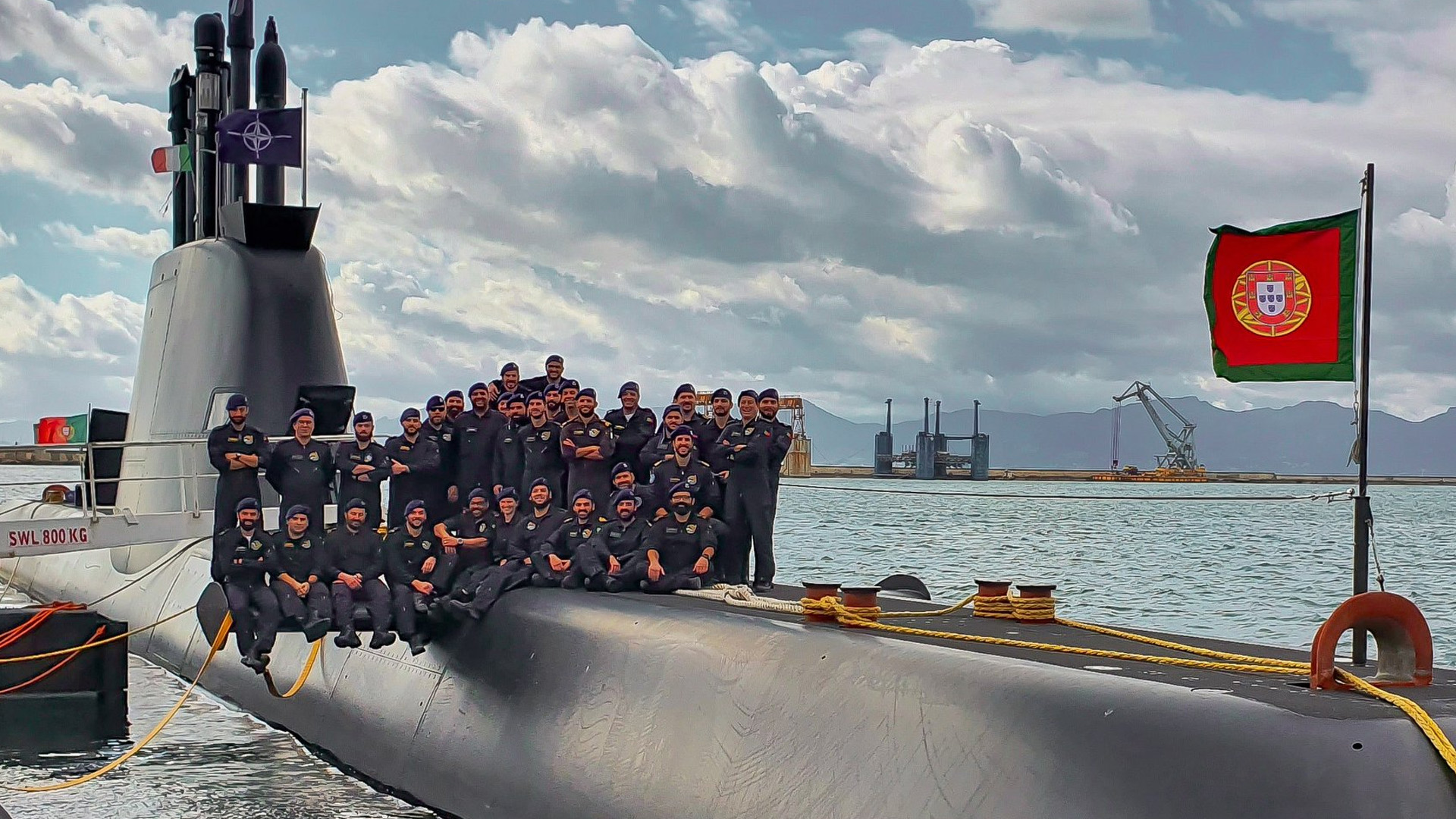
Human Behavior and Resource Management Education Department
Scope
As a result of IUM's Mission, the main mission of the Human Behavior and Resource Management Education Department (AECHAR) is to provide the Armed Forces and Republican National Guard Officers with scientific, doctrinal and technical training in the areas of Public and Logistics Management and Administration; Communication, Public Relations and Media Interaction; Leadership and Organization; Public and Administrative Law and Military Health in an operational context.
Main Tasks
The Human Behavior and Resource Management Education Department develops its action under the guidance of the Head of the Department of Postgraduate Studies, having as main tasks the following:
- To design and plan the development of the curricular units under its responsibility;
- Conducting the teaching/learning process, developing the contents related to the subjects under his/her responsibility
- Planning, preparing, organizing and following internships, conferences, exhibitions, visits and study trips, within their curricular areas
- Organize and coordinate the holding of seminars, within the scope of the subjects in this Teaching Area, on topics of recognized interest and current issues, possibly in collaboration with other higher education entities, governmental and non-governmental organizations, and other military or civilian bodies;
- To stimulate research activities and to publish articles of scientific or academic root, within this Teaching Area, as well as other subjects within the framework of Military Sciences.
- Within the scope of cooperation in the area of Defense, namely with Portuguese-speaking Countries, to ensure the required training actions, namely those included in the respective cooperation projects.
Curricular Units
- Doctoral Program in Military Sciences
- Research Methodologies
- Seminar Command and Leadership in Military Context
- Master's Degree in Military Sciences - Security and Defence (1st study cycle*)
- Research Methodologies
- Organizational Management (2 ECTS)
- Resource Administration (4 ECTS)
- Command and Leadership (3 ECTS)
- Communication and Public Relations (2 ECTS)
- Postgraduate Studies in Military Information
- Communication (2 ECTS)
- Flag Officers Promotion Course
- Research Methodologies in Military Science (2 ECTS)
- Leadership and Administration (7 ECTS)
- Organizational Management and Resource Administration
- Administrative Law
- Communication and Interaction with the Media
- Command and Leadership
- Economics & Finance
- Senior Officer Promotion Course
- Financial and Logistic Resource Management (1,5 ECTS)
- Administrative Law (1 ECTS)
- Organizational Management (1 ECTS)
- Leadership (1 ECTS)
- Communication and Interaction with the Media (1 ECTS)
- Introduction to the Social Media Course
- Communication and Military Public Relations (2 ECTS)
- Psychological Operations Planning Course
- Psychological Operations Doctrine (1,5 ECTS)
- Public Relations
- Psychological Operations Doctrine (1,5 ECTS)
- Cyber Defence Operations Planning Course
- Cyberspace Operations Framework (3 ECTS)
- Cyber Influence, Media Operations and Public Relations
- Cyberspace Operations Framework (3 ECTS)
- Introduction to Strategy Course
- Threats and Conflicts
- Communication as a means of action by political actors and its importance in international relations
- The great Blocs and the structure of the World Economy
- Threats and Conflicts
- Training in Communication and Interaction with the Media
- Communication and Interaction with the Media
- Communication and Interaction with the Media
Coordinator and Professors / Lecturers
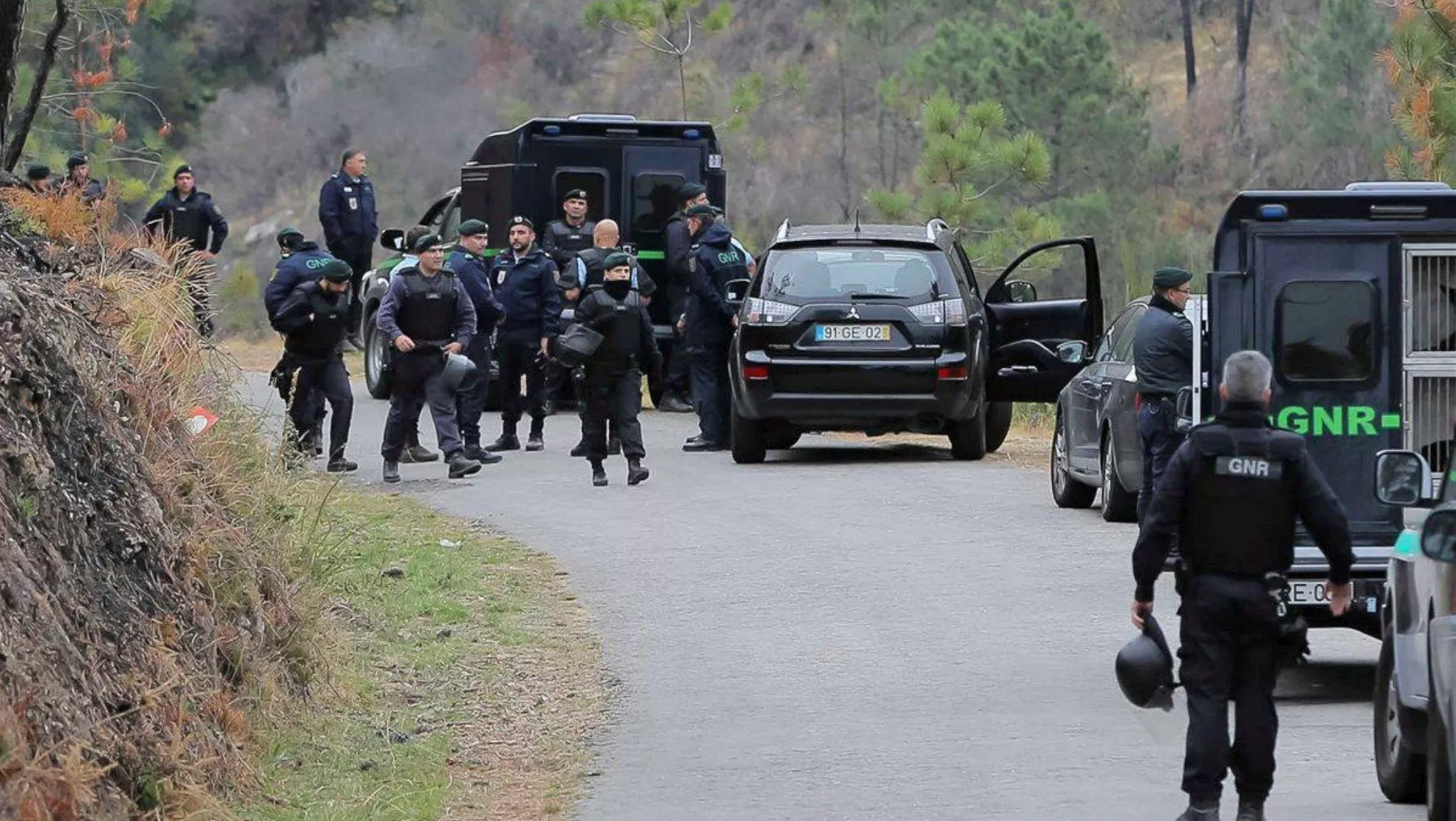
Internal Security and Criminal Phenomena Studies Education Department
Field of work
Main tasks
Curricular Units
Coordinator and Professors / Lecturers
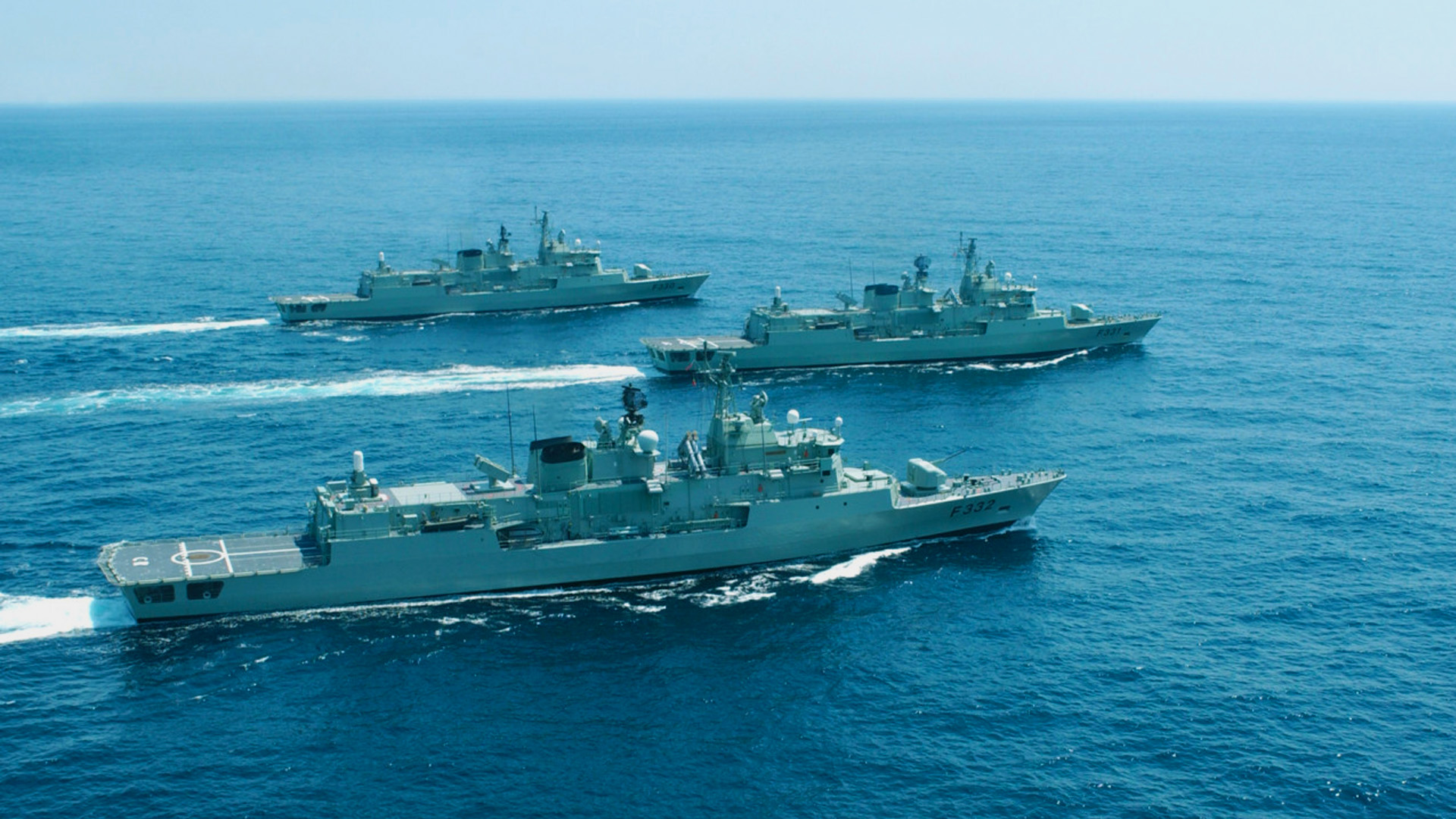
Navy Specific Education Department
Field of work
The Navy Specific Education Department is integrated in the Postgraduate Studies Department and its main mission is to teach, to the various courses, the subjects related to the employment of the naval component in different types of joint and combined operations, and to participate in research and development activities of studies related to the area of employment of naval forces.
Main Tasks
- Plan, coordinate and direct the implementation of the following courses:
- Senior Officer Promotion Course - Navy;
- Promotion Course for Superior Officer - Navy (Health Service).
- To deliver the specific training component to the different CPOS-M.
- Teach the various promotion, qualification and refresher courses the subjects related to the use of the naval component in various types of military operations at the operational level.
- Maintain updated knowledge on doctrine, tactics and employment of the naval component, at the operational level.
- Elaborate and update publications and school manuals in the scope of the matters under its responsibility.
- Collaborate in seminars, lectures, work groups and other activities within the scope of the subjects of the Teaching Area, as determined.
- Participate in defense cooperation actions, within the scope of Naval Doctrine, Naval Operations and Operations Planning of the naval component.
- Develop or participate in research projects, autonomously or in partnership with other military and civilian institutions.
Curricular Units
- Promotion Course for Superior Officer - Navy - CPOS-M
- Naval Operations (5 ECTS)
- Navy Strategic Management (6 ECTS)
- Maritime Strategy (3 ECTS)
- Promotion Course for Superior Officer - Navy (Special Health Regiment) - CPOS-M-QES
- Navy Strategic Management (6 ECTS)
- Fundamentals of Marine Strategy (1,5 ECTS)
Coordinator and Professors / Lecturers
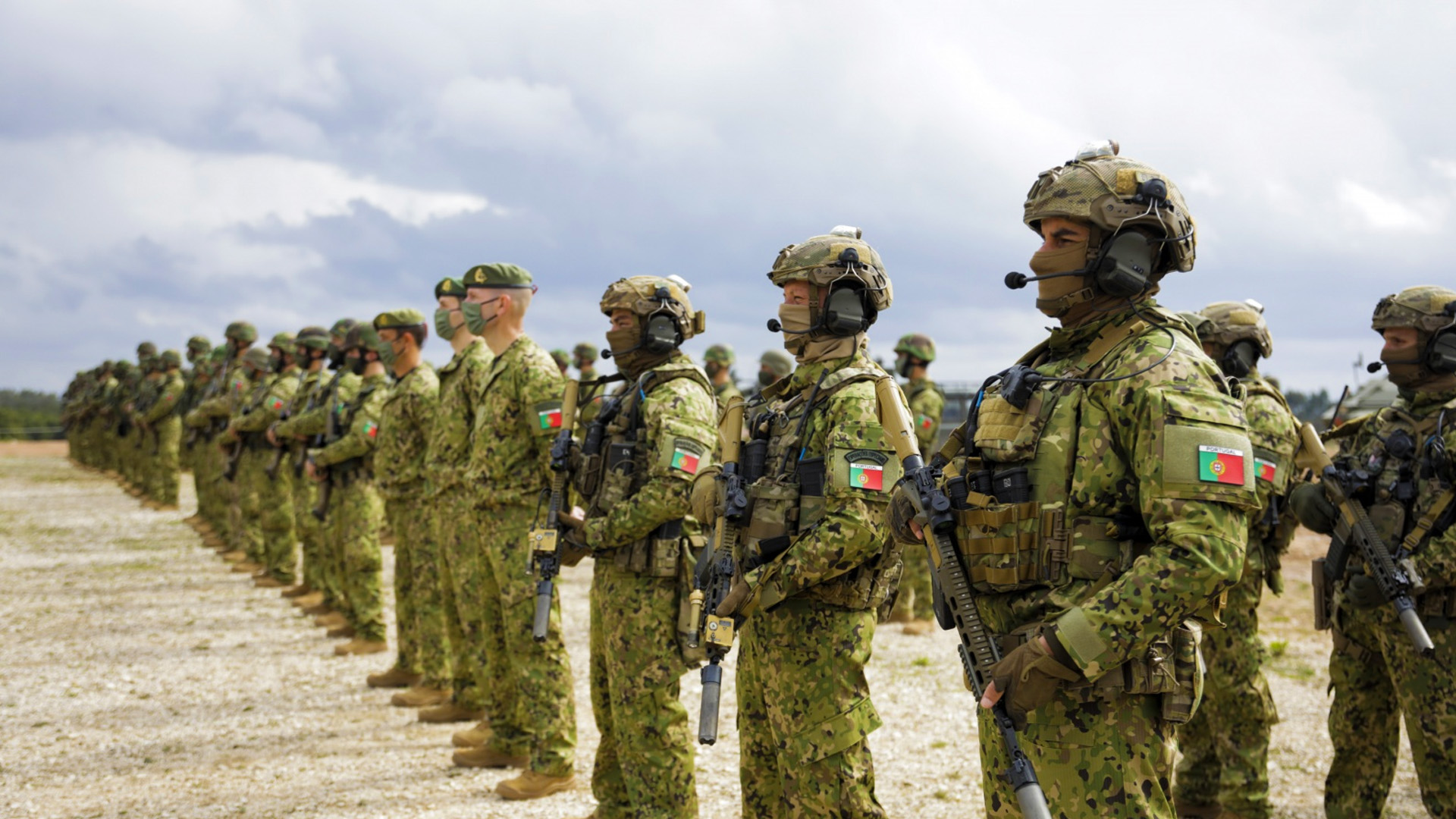
Army Specific Education Department
Fiel of work
Main tasks
Curricular Units
Coordinator and Professors / Lecturers
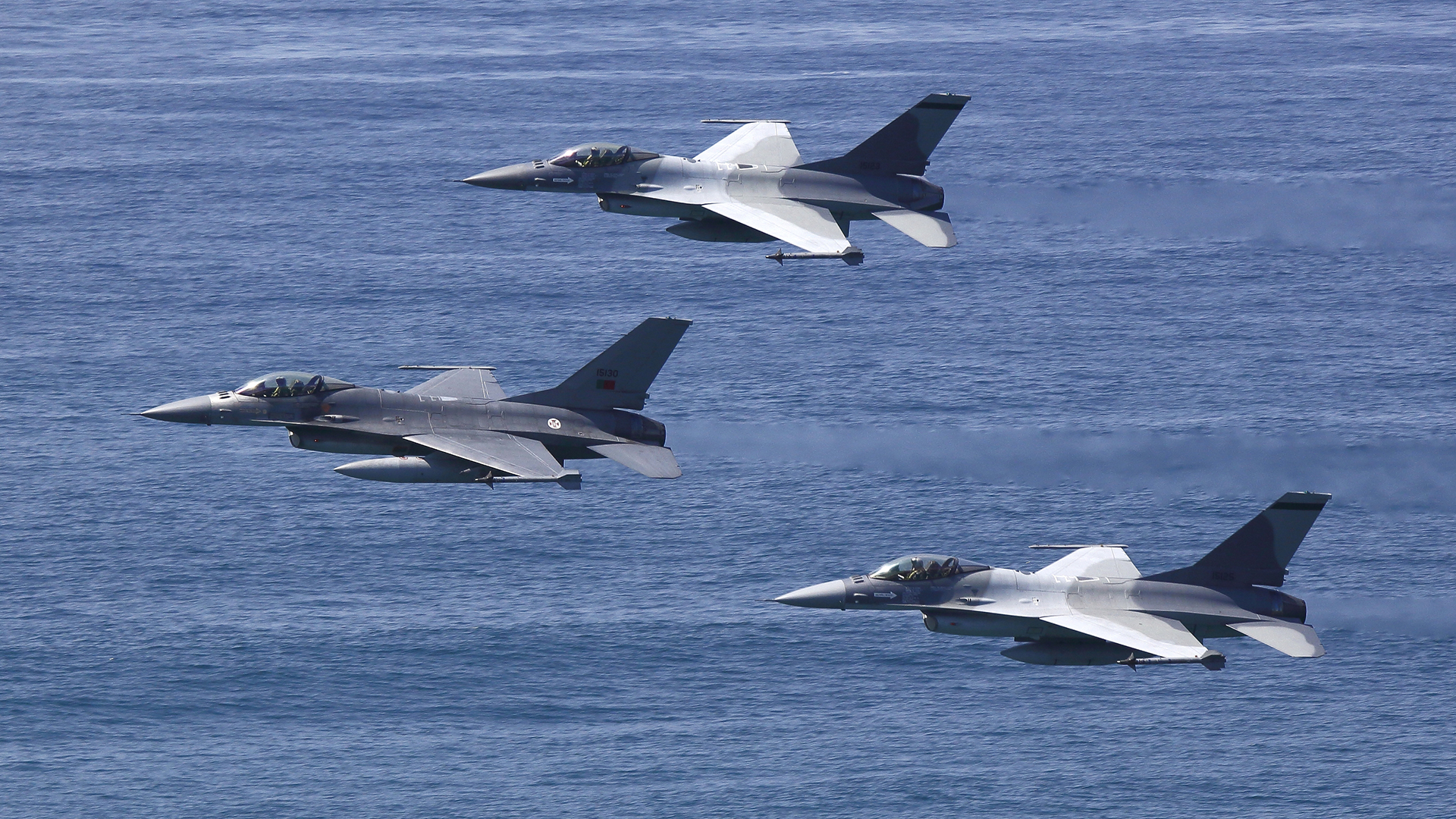
Air Force Specific Education Department
Field of work
Main tasks
Curricular Units
Coordinator and Professors / Lecturers
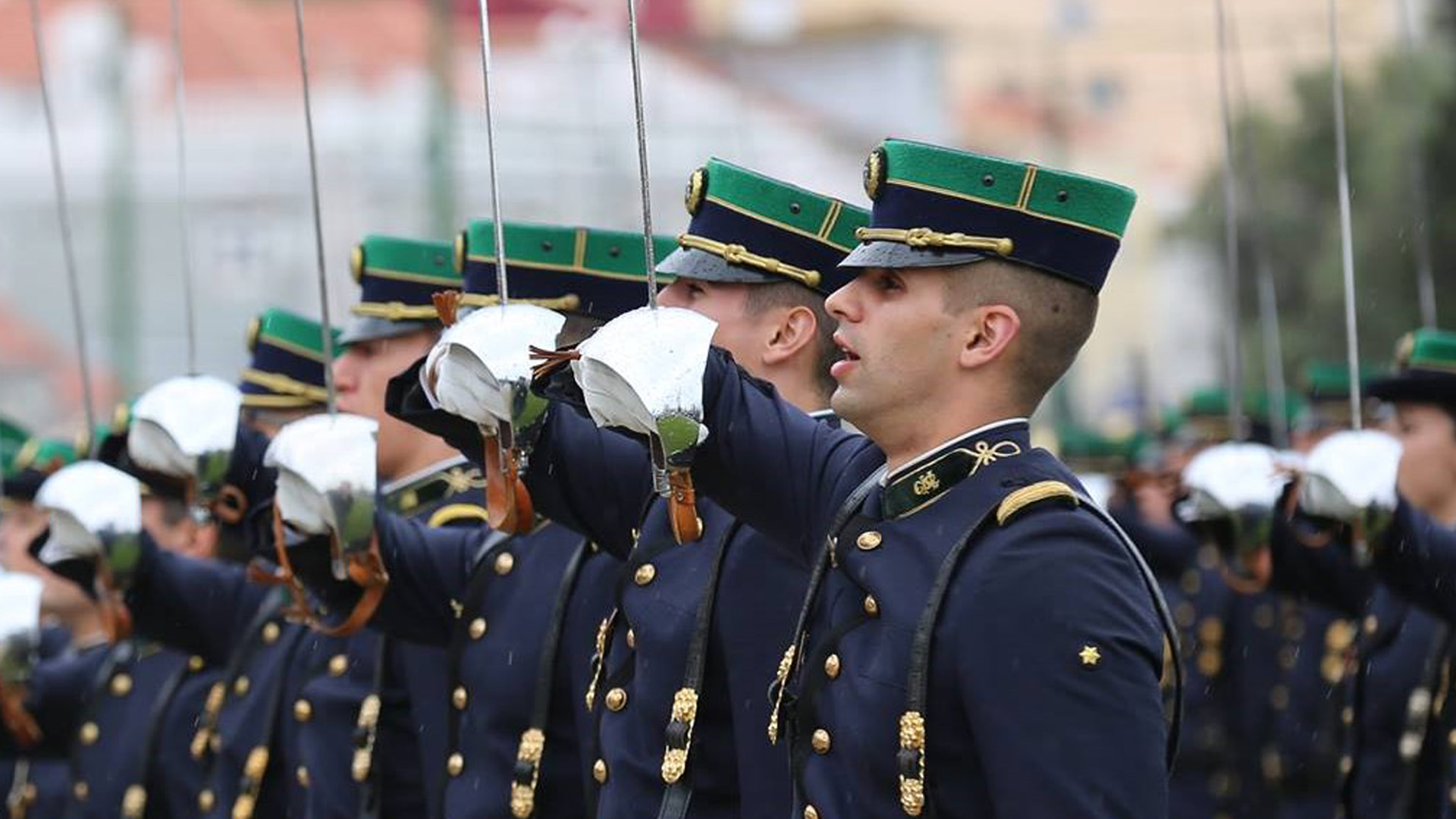
National Republican Guard Specific Education Department
Field of work
Main tasks
Curricular Units
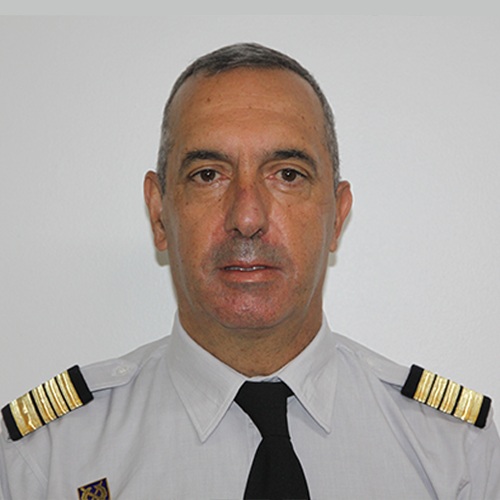 Colonel
Colonel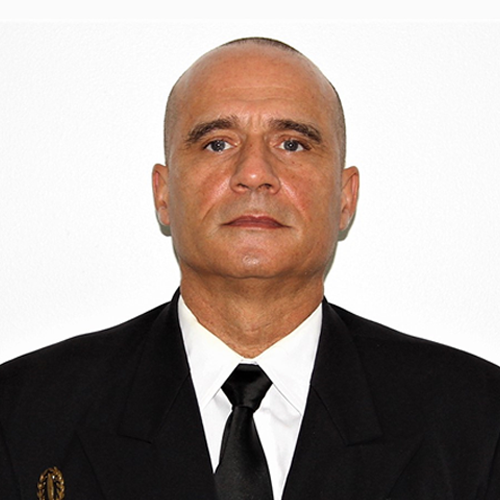 Commander (OF 4)
Commander (OF 4)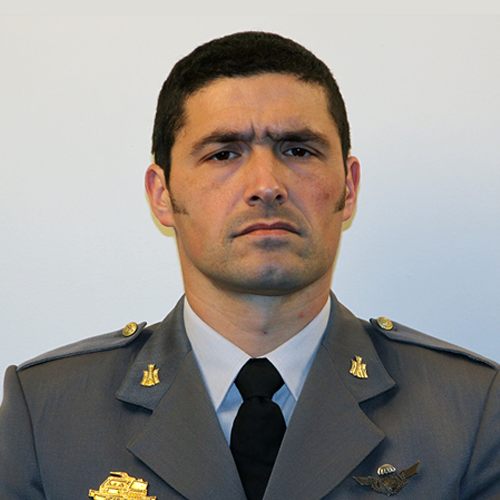 Lieutenant Colonel (OF 4)
Lieutenant Colonel (OF 4)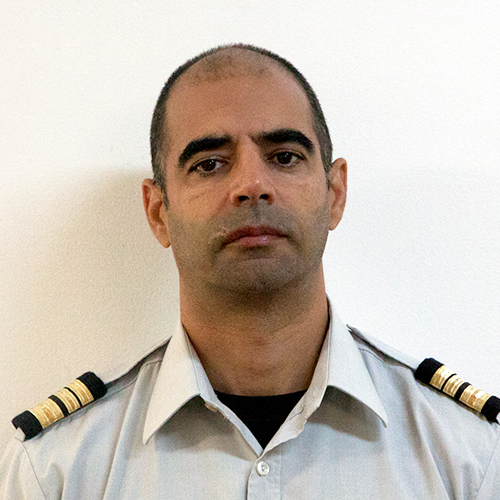 Lieutenant Colonel (OF 4)
Lieutenant Colonel (OF 4)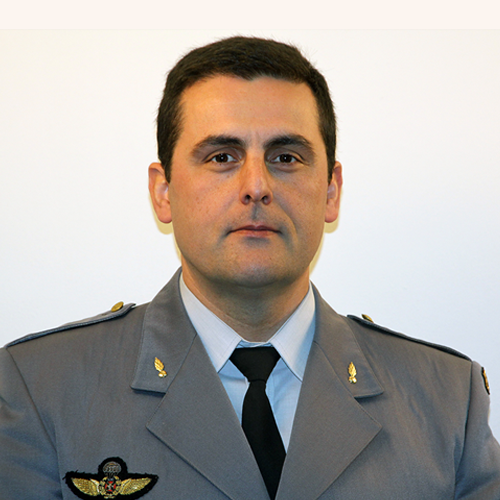 Lieutenant Colonel (OF 4 PRT-ART)
Lieutenant Colonel (OF 4 PRT-ART)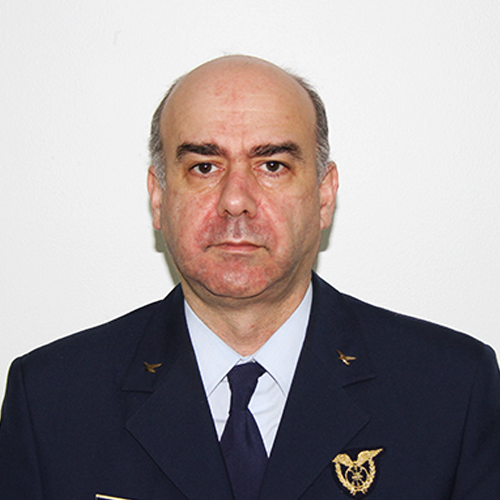 Lieutenant Colonel (OF 4)
Lieutenant Colonel (OF 4)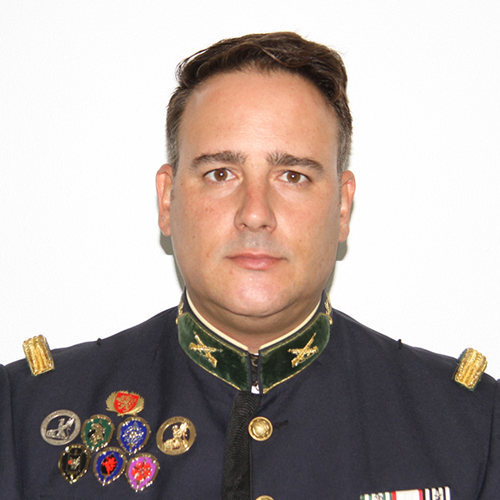 Major (OF 3)
Major (OF 3)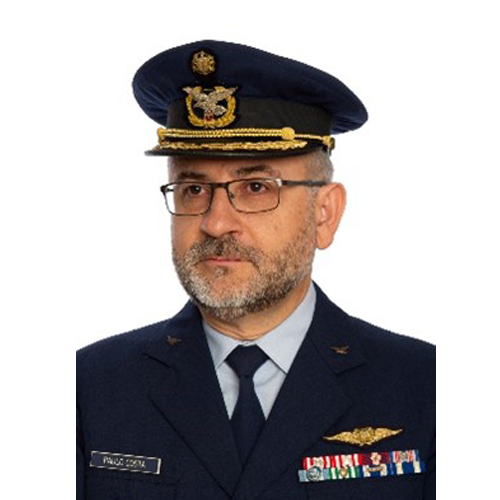 Colonel (OF 5)
Colonel (OF 5)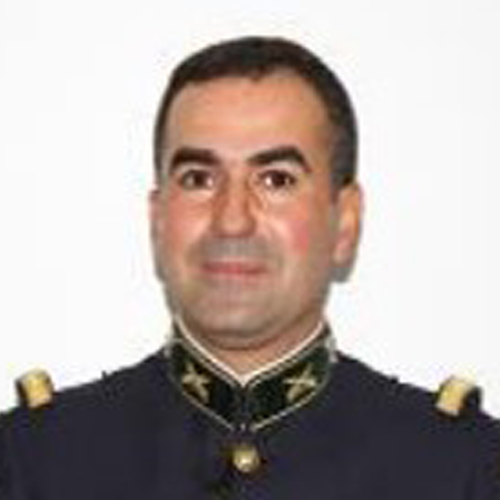 Lieutenant Colonel (OF 4)
Lieutenant Colonel (OF 4)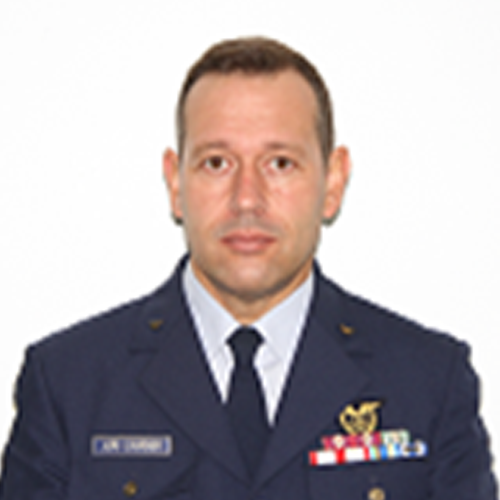 Lieutenant Colonel (OF 4)
Lieutenant Colonel (OF 4)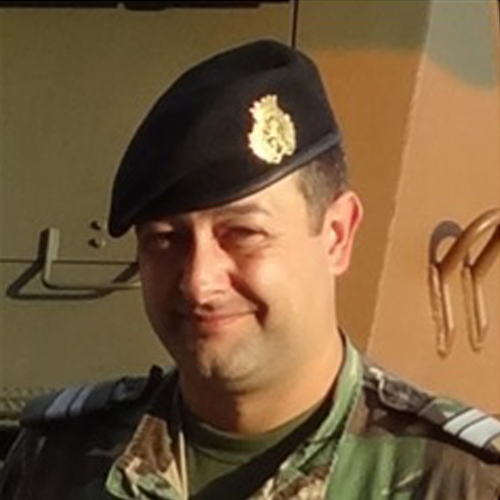 Lieutenant Colonel (OF-4 PRT-A)
Lieutenant Colonel (OF-4 PRT-A)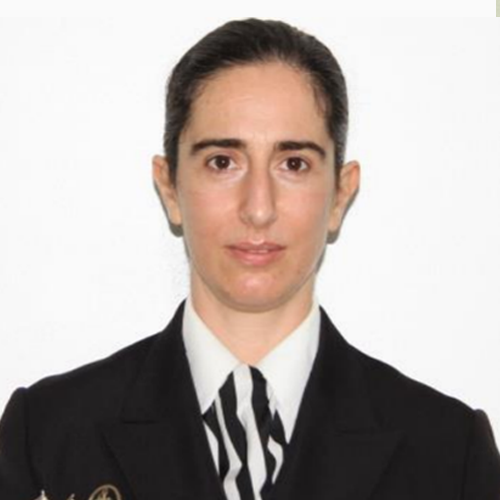 Lieutenant Commander (OF 3)
Lieutenant Commander (OF 3)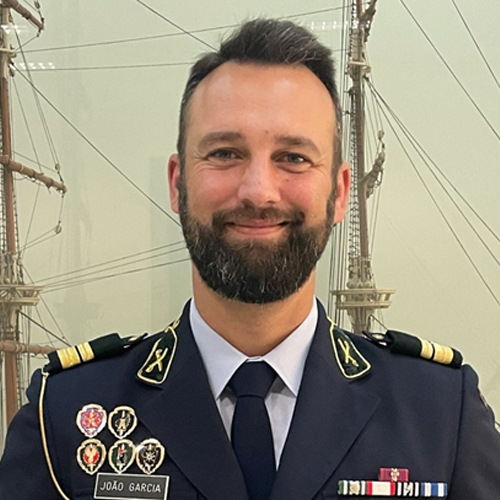 Major (OF 3)
Major (OF 3)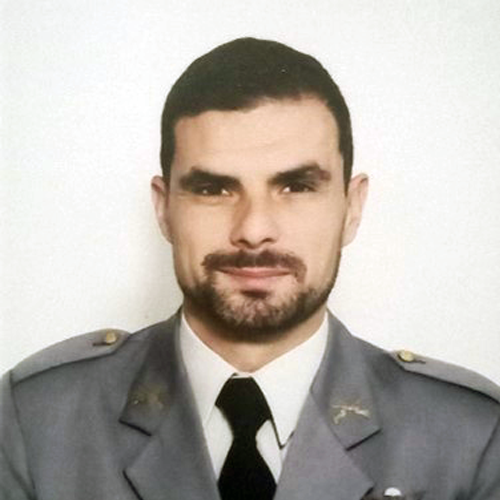 Major (OF 3)
Major (OF 3)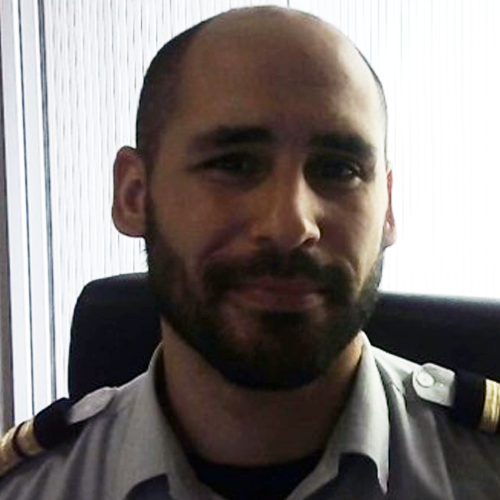 Major (OF 3)
Major (OF 3)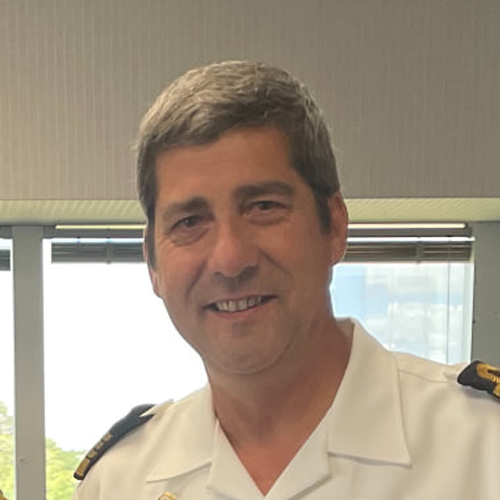 Captain(N) (OF 5)
Captain(N) (OF 5)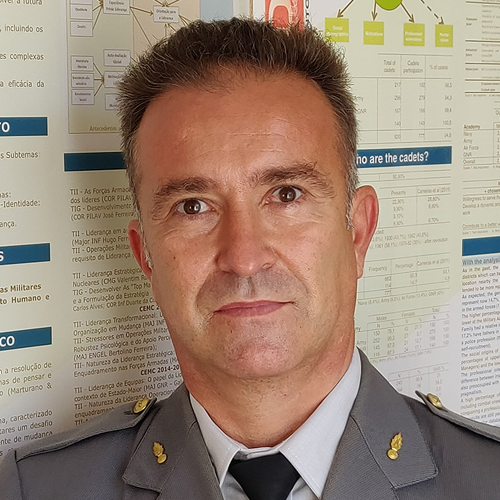 Lieutenant Colonel (OF 4)
Lieutenant Colonel (OF 4)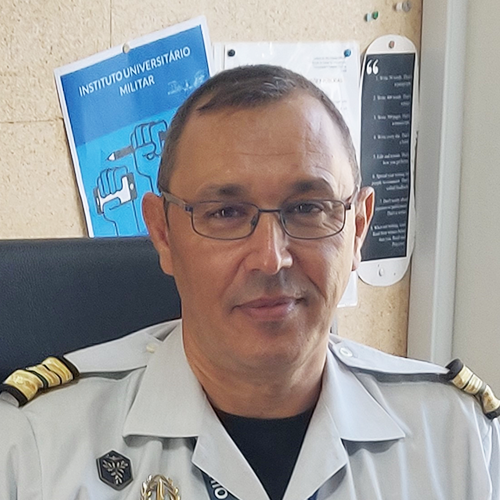 Lieutenant Colonel (OF 4)
Lieutenant Colonel (OF 4)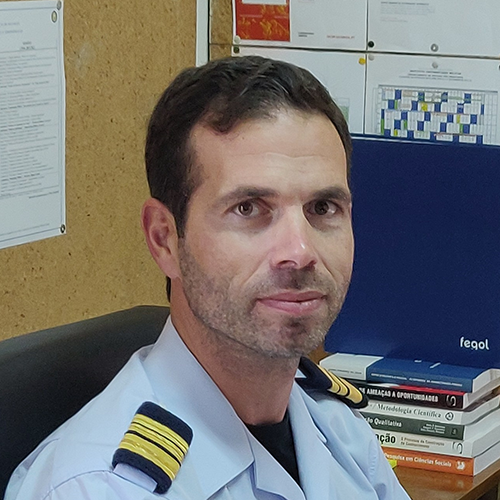 Lieutenant Colonel (OF 4)
Lieutenant Colonel (OF 4)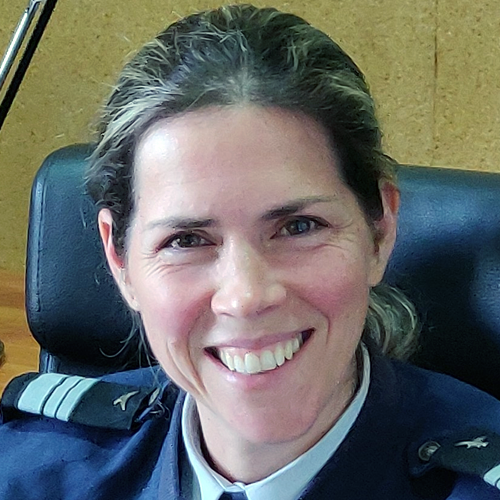 Lieutenant Colonel (OF 4)
Lieutenant Colonel (OF 4)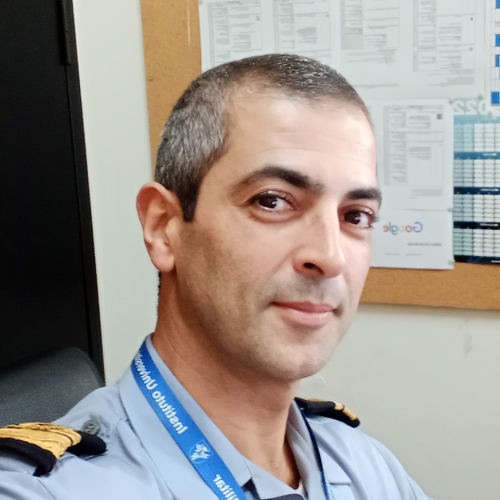 Lieutenant-Commander (OF 3)
Lieutenant-Commander (OF 3)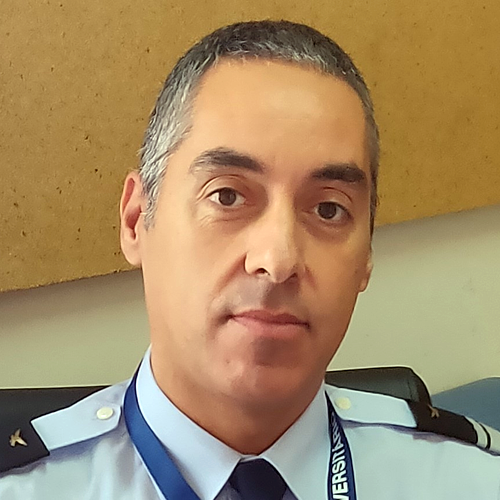 Major (OF 3)
Major (OF 3)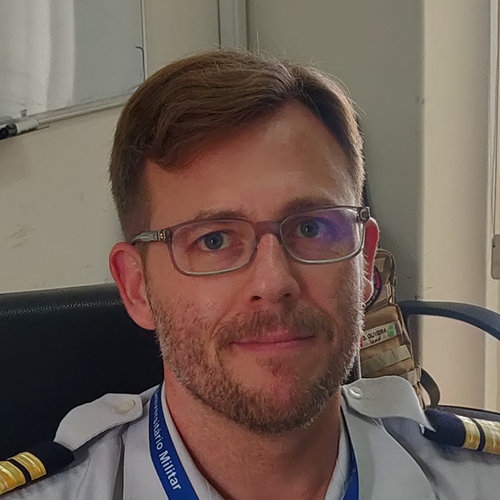 Major (OF 3)
Major (OF 3)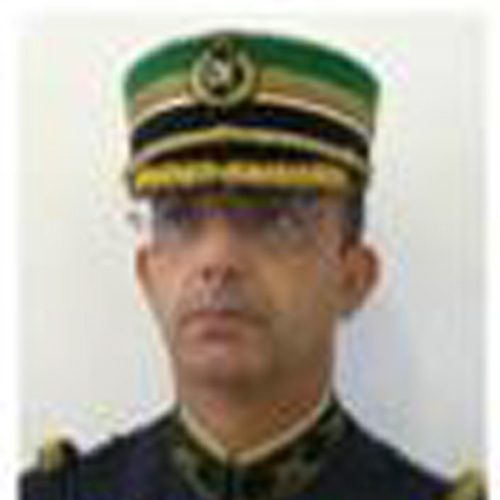 Colonel (OF 5)
Colonel (OF 5)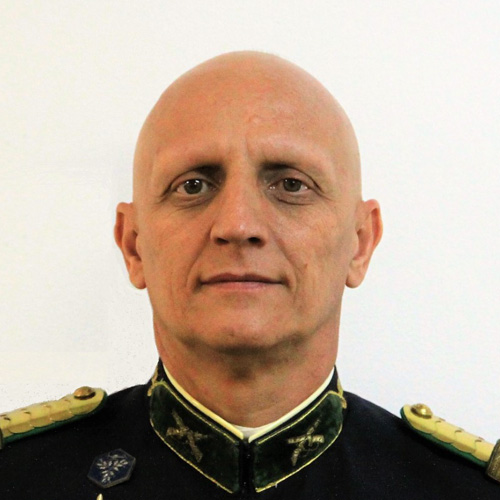 Lieutenant Colonel (OF4)
Lieutenant Colonel (OF4)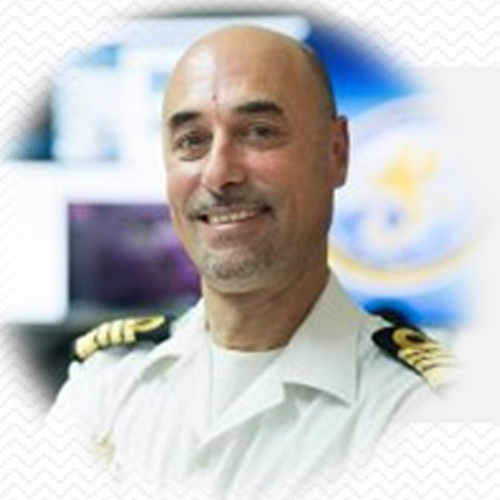 Captain(N)
Captain(N) Commander
Commander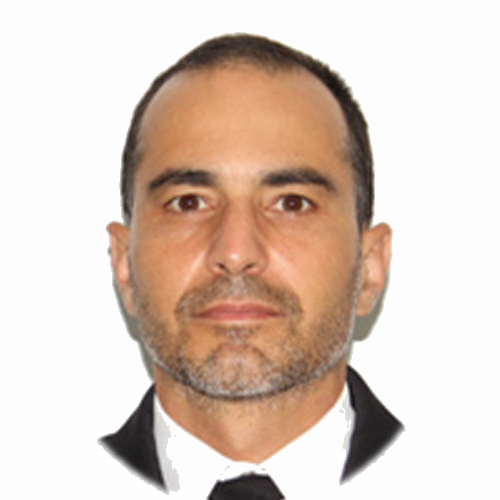 Commander
Commander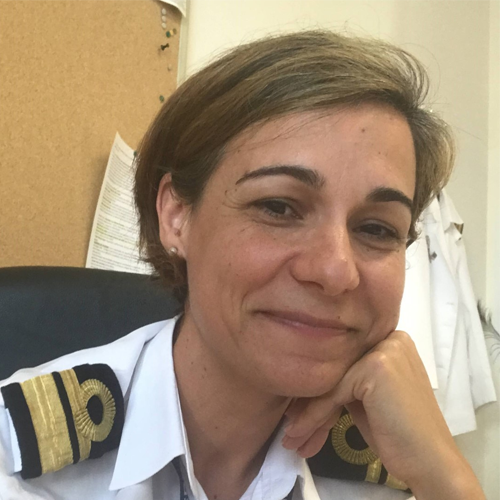 Leutenant-commander
Leutenant-commander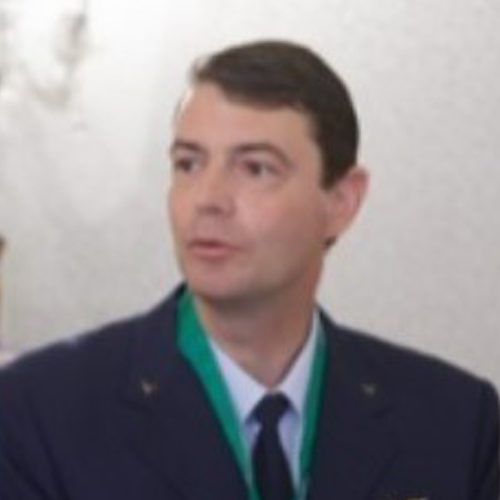 Colonel (OF 5)
Colonel (OF 5)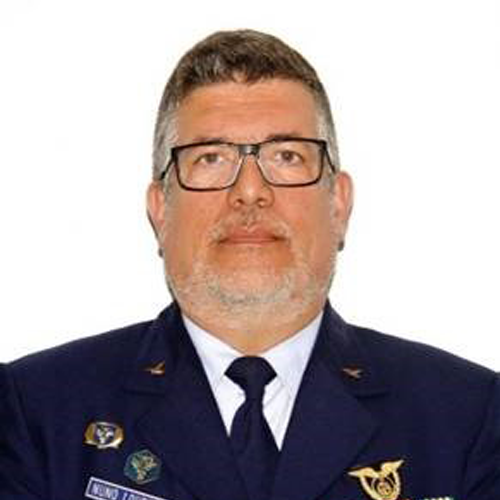 Lieutenant Colonel (OF 4)
Lieutenant Colonel (OF 4)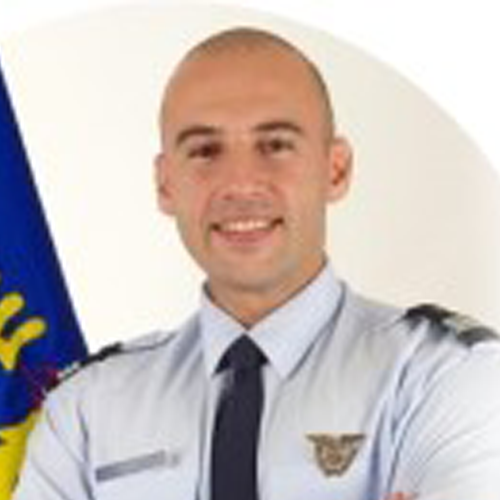 Major (OF 3)
Major (OF 3)